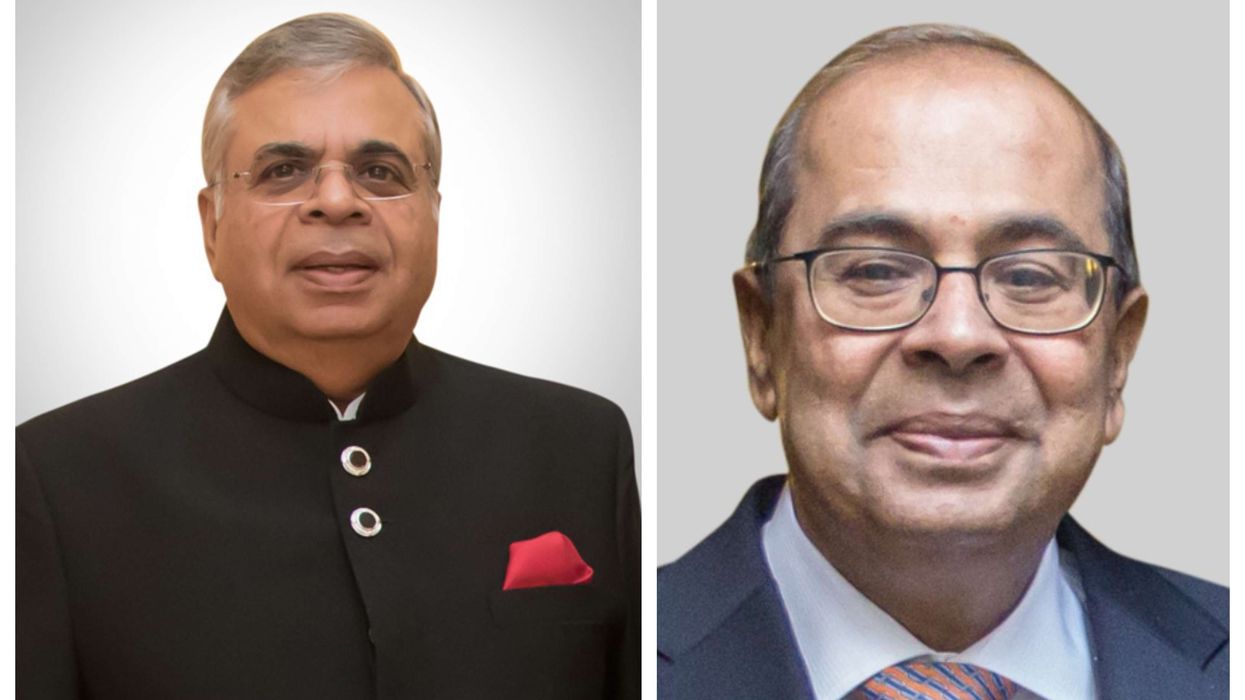The BAPS Shri Swaminarayan Mandir, also known as the Neasden Temple, received an honour from the London Faith & Community Awards on 27 November for its commitment to the health and welfare of elderly community members.
Volunteers from the Mandir were presented with the award under the ‘Health and Wellbeing’ category by the Lord-Lieutenant of Greater London (Sir Kenneth Olisa OBE).
The Mandir was also selected for the Judge’s Commendation Award in the category.
Kirit Wadia, a lead interfaith volunteer at the Mandir, said receiving the award was a humbling experience.
“It is the joy of serving others itself which gives us our greatest joy and satisfaction. We hope and pray that we all continue to serve others selflessly and humbly, bringing joy to others, thereby finding our own joy too,” said Wadia.
Since 2014, Neasden Temple volunteers have been delivering tailored programmes for residents at local care homes and as part of community engagement, they have organised excursions to local places of interest, including visits to the Mandir.
The awards were organised by The Faith & Belief Forum, an organisation that aims to develop good relations between people of different faiths and beliefs.












